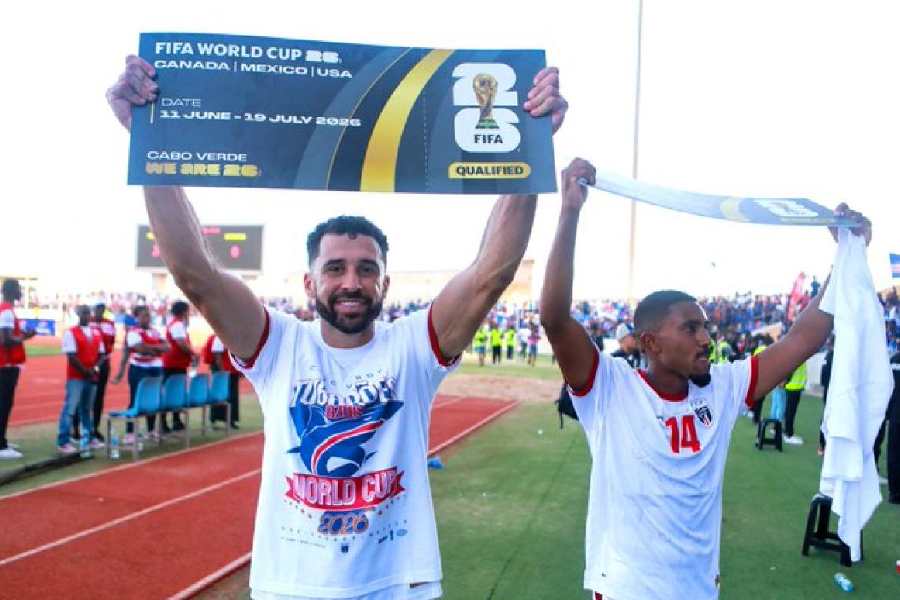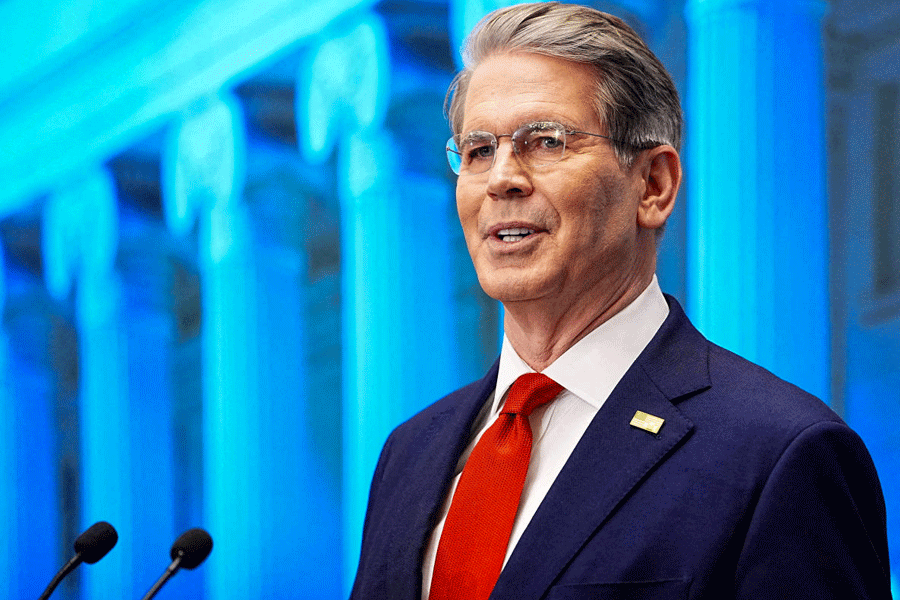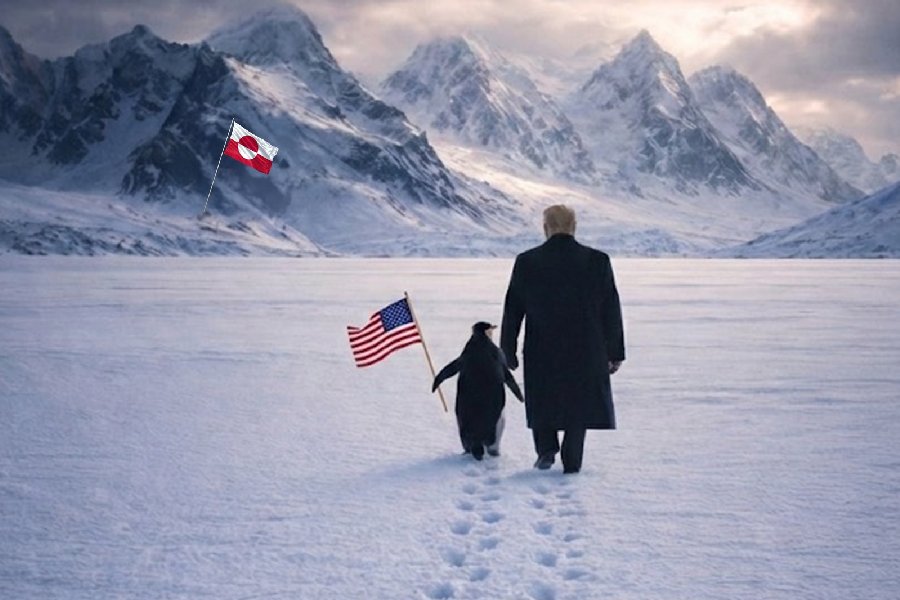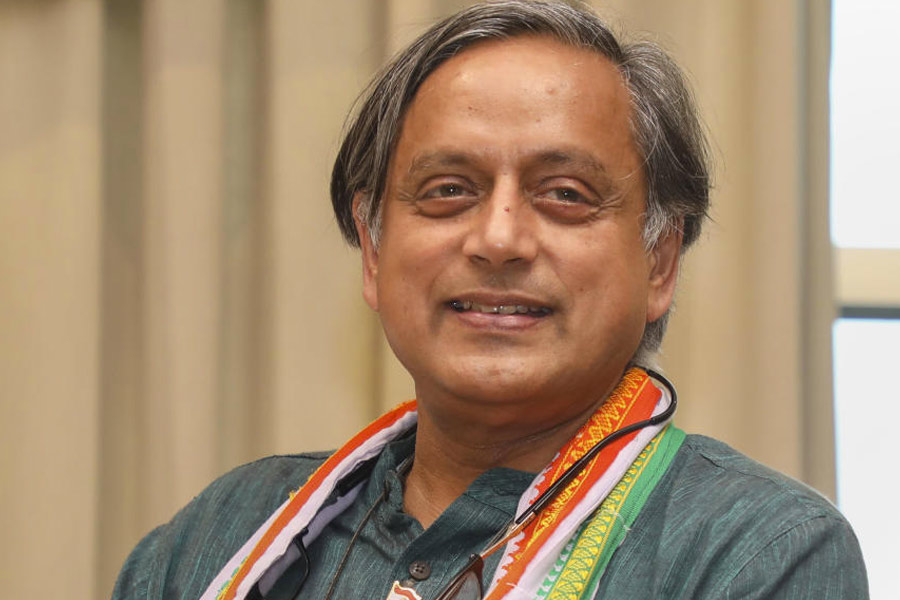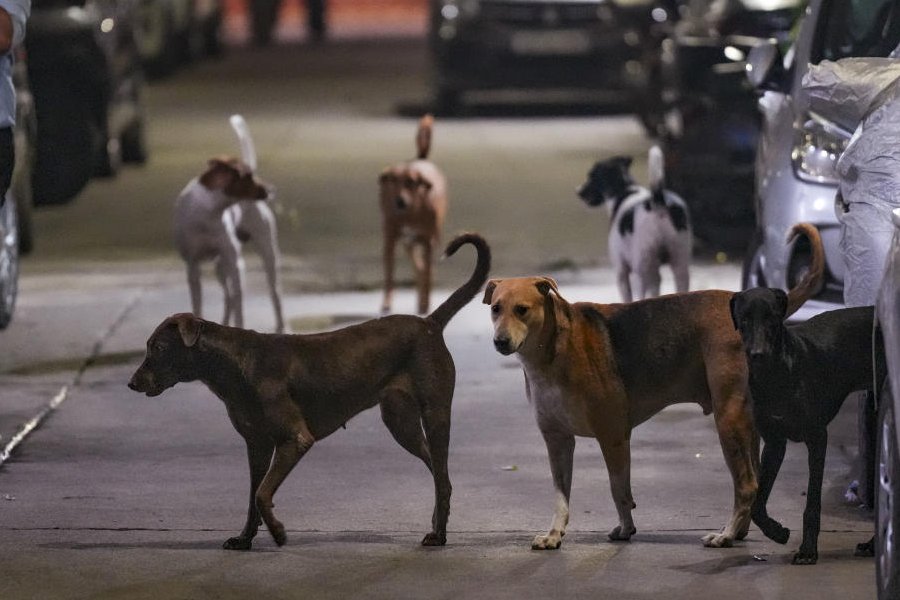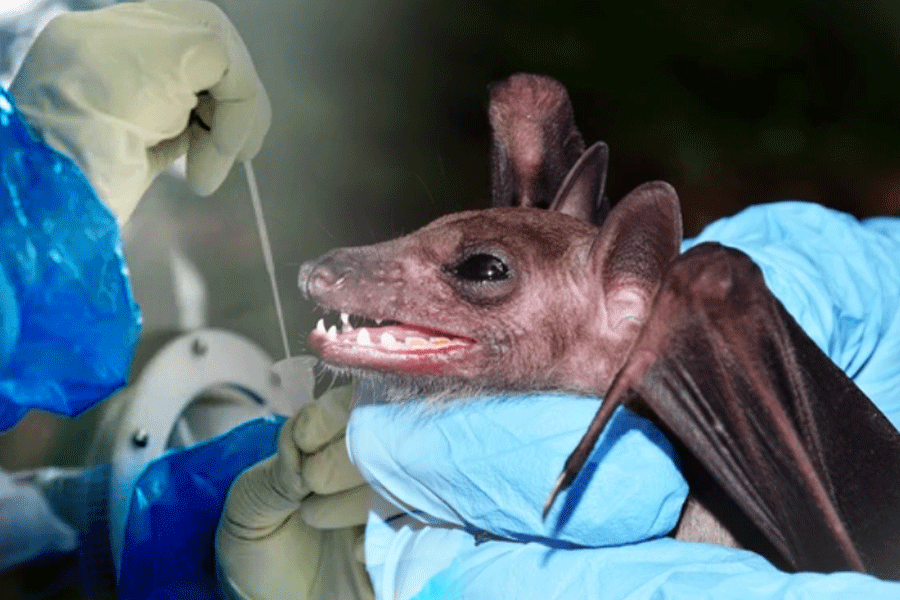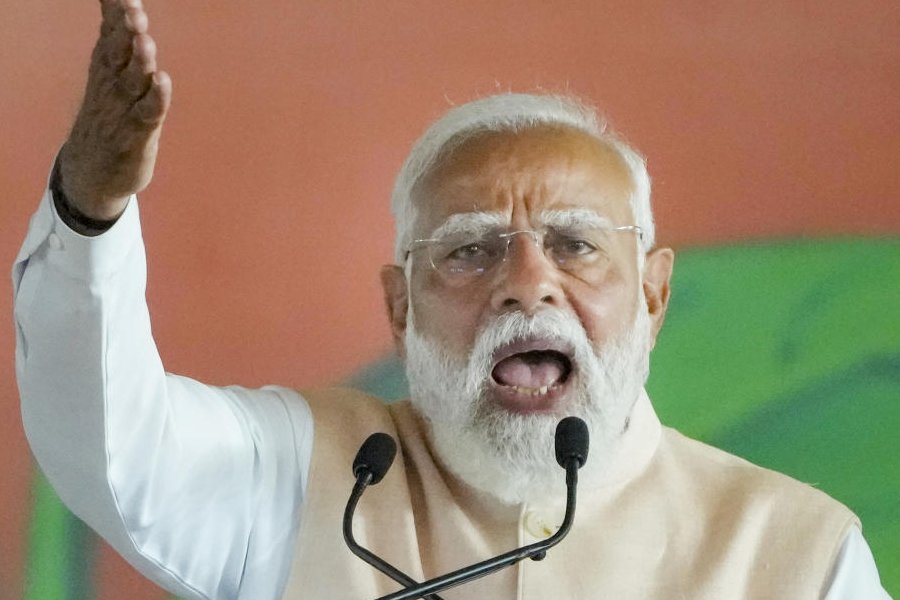Not many must have heard of Cape Verde, an archipelago of volcanic islands off the western coast of Africa, before Monday. But not anymore. The tiny nation of about 525,000 people has stamped its flag on the footballing map by qualifying for the 2026
Fifa World Cup.
They booked the ticket to the Cup with a 3-0 win over Eswatini in a group league home game at the National Stadium in Praia, the capital, on Monday.
Expectedly, the island nation has been overwhelmed by a wave of celebration. “Giving this happiness to these people is enormous,” said Cape Verde head coach Bubista. “It’s a special moment in this celebration of the 50th anniversary of our independence.”
Cape Verde is a former Portuguese colony. Many, including President Jose Maria Neves, believe that qualifying for the World Cup is as big as their independence, which came on July 5, 1975.
The Blue Sharks, as the team is fondly called by their followers, finished with 23 points in their group, four more than traditional African heavyweights Cameroon, to seal their place at next year’s mega event in Canada, Mexico and the United States.
Ranked 70th by Fifa, Cape Verde is the second-smallest country to qualify for the World Cup after Iceland, who competed in Russia in 2018. They rarely played international football some 25 years ago, now they are in the World Cup.
Fans remained inside the National Stadium for hours after the victory against Eswatini. The players wore specially made World Cup qualification T-shirts.
“Honestly, I’ve played in Europe, I’ve won in MLS, but when you play for your country, it’s something different,” defender Steven Moreira, who was born in France and plays for Columbus Crew in the USA, was quoted as saying by the BBC. “I can’t describe it — the passion they give you is just amazing. This group is a family. You can see it when we score goals, we’re always together, dancing.”
Being together, the unity factor, played a big role in the team’s remarkable achievement. For example, the coach ensured that the players spoke in one language — Creole.
“It’s the official language of the national team,” Bubista said. “Some players used to speak only English, but now they’ve learned Creole. Sometimes the guys try to speak other languages among themselves, but I don’t allow it, to keep our Cape Verdean identity intact.”
How passionate are they about their football? Tickets for Monday’s match were sold in record time, the government declared a half-day holiday across the country so people could watch the game, and President Neves was part of the celebrations in the stands.
That says it all.

